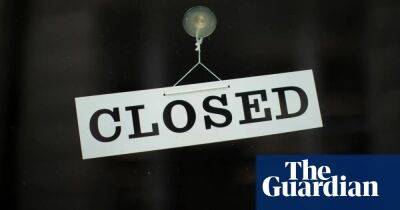Why missing one $2 expense could derail your whole national park trip
National park tourism is booming. But an idyllic adventure into the great outdoors can be derailed by overlooking an important aspect of trip planning: advance permits and reservations.
Some of the most frequently visited parks require people to book ahead for access to popular attractions like heavily trafficked hikes, roads and campgrounds. Some require advance tickets for full park entry.
What this means: Travelers can't necessarily bank on showing up spontaneously to a national park and getting the experience they desire. Fail to secure this paperwork, which is typically free but can carry a processing fee of as little as $2, and you might not even get in. Since reservations can be in high demand, it's necessary to plan ahead.
More from Personal Finance: How to save during this summer's busy travel season 3 ways to cut 'off-the-chart' vacation expenses in 2023 Passport delays are 4 months and longers this year
Advance permits are «one of the biggest things people miss,» said Mary Cropper, a travel advisor and senior U.S. specialist at Audley Travel.
The rules vary from park to park. Sometimes, there may be ways to skirt them for travelers unable to get one in advance.
Reservations are among the ways parks are addressing congestion.
Americans flocked to national parks in 2021 and 2022 as a way to get outside and vacation domestically during the pandemic era, at a time when traveling overseas was difficult due to health concerns and international travel restrictions.
Eighteen parks broke annual visitation records in 2021, according to National Park Service data. One — Hot Springs National Park in Arkansas — saw record visitors last year.
Overall visits to national parks jumped by 5% in 2022 versus the year prior, to
Read more on cnbc.com


 cnbc.com
cnbc.com

















